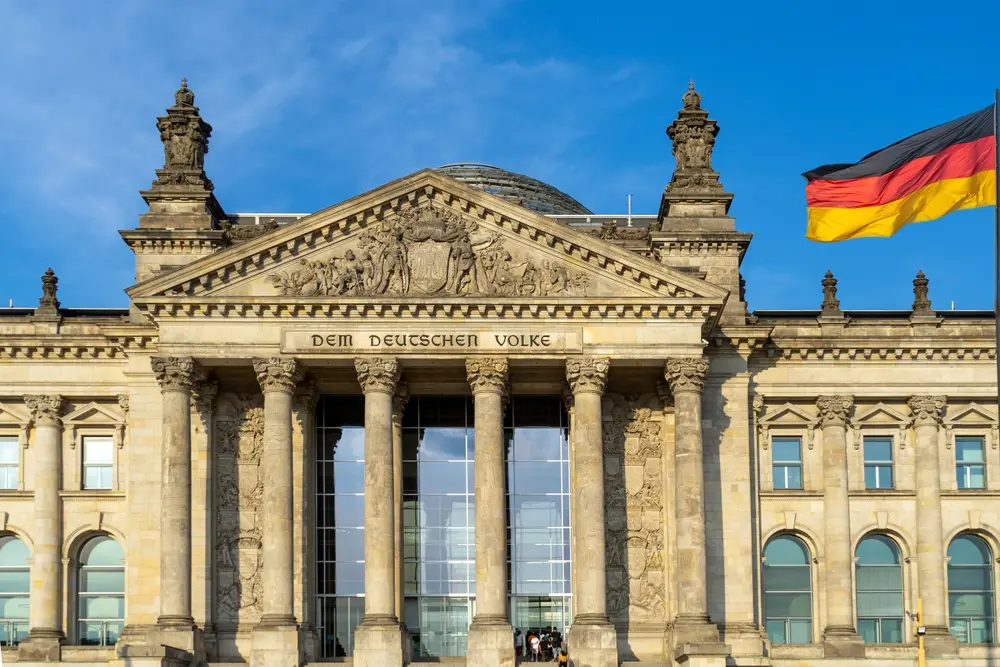
A new opinion survey, conducted at a time when the ruling left-liberal traffic coalition continues to pursue policies with very little, if any, regard at all for German interests, has revealed that less than half of Germans feel that their life is not “completely” or “very” free.
The ‘Freedom Index Germany 2022’ survey, carried out by Allensbach Institute for Public Opinion (IfD) and the Media Tenor research institute—and published by RedaktionsNetzwerk Deutschland (RND) affiliated outlets—revealed that just 45% of the country’s population feel their life is “completely” or “very” free, up from a mere 36% at the end of 2021 amid draconian COVID-19 lockdowns.
Speaking on the survey’s figures, Anna Schneider, the chief reporter for Berlin-based newspaper Die Welt called them “worrying,” and added that they should not be “belittled.” Schneider added: “Anyone can say anything but [he or she] takes the risk of dying a social death.”
Additionally, identification with the state and trust in a functioning democracy at a national level fell to their lowest levels in a decade. Only 43% of the respondents agreed with the statements the government represents everyone and the individual citizens has influence over the direction of the country, down from 47% the previous year.
Regarding the level of satisfaction with the functioning of democracy in Germany, there was a considerable divide between respondents from the formerly-socialist East German states and the western part of the country. For example, while nationwide 12.6% said they are very satisfied with the functioning of democracy in Germany, the smallest figure since 2006, only 5.5% of those in eastern Germany said the same thing.
The East-West disparity was also present with respect to feelings about freedom of speech. In western Germany, for example, 52% of respondents stated they felt as though they could speak freely, while only 34% of those in the east reported on the same.
Also, per the survey’s figures, 13% of respondents presently feel they are “rather unfree,” with a self-assessment of 4, 3, 2, or 1 on a 10-point scale. The average value was less-than-stellar at 6.8 points, compared to 6.4 last year, and 7.7 in 2017.
The survey comes a few months after The European Conservative reported that German Foreign Minister Annalena Baerbock, during statements given to the press which landed her in hot water, said that Germany would continue to support Ukraine with military and financial aid “no matter what [the] German voters think.”
In light of this statement, it is not especially difficult to understand why so few Germans are satisfied with the state of their democracy. Previously, a poll conducted by the Washington Post revealed that 54% of Germans oppose increasing military aid to Ukraine.
Another survey, also carried out by Allensbach Institute for Public Opinion (IfD) this year, indicated that 31% of respondents agreed with the statement: “We live in a sham democracy in which citizens have nothing to say,” with nearly half of those living in the East German federal states agreeing with the same statement.
